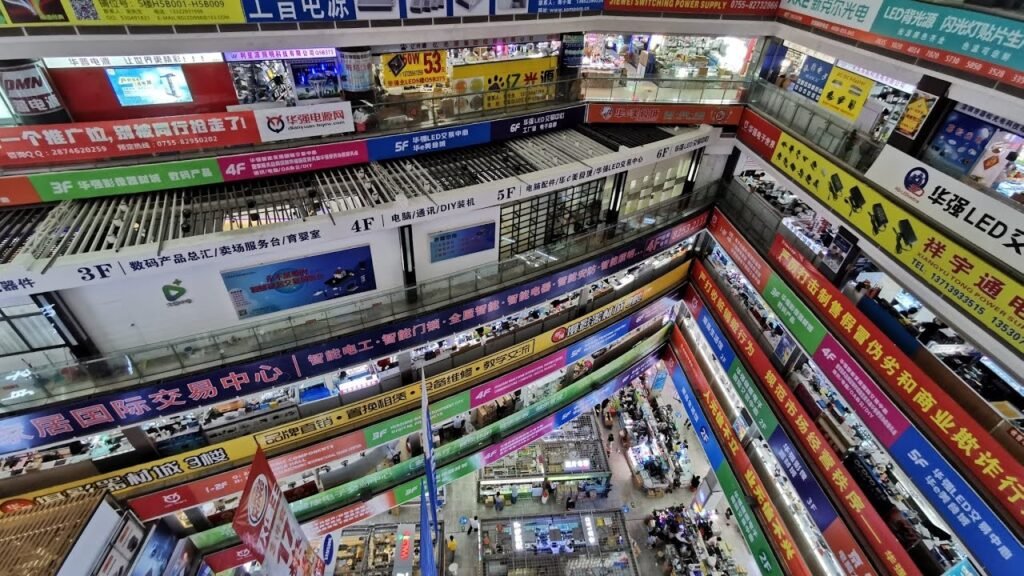In response to US sanctions on exporting top-end Nvidia AI chips, Chinese buyers have turned to alternate means to procure these high-demand microprocessors, primarily the A100 chips. The underground market has thrived due to global AI growth and the increasing need for advanced chips to handle machine-learning tasks, where Nvidia's microprocessors are considered among the best.

The inflated demand for A100 chips has caused a significant price hike, doubling the cost to $20,000 per piece. Despite the high prices and potential risks, Chinese buyers from various sectors, such as app development, startup companies, research, gaming, and even local authorities, continue to purchase the chips in small quantities.
Vendors in Hong Kong and mainland China claim that they can easily acquire these A100 chips, despite the US sanctions. Chinese buyers typically seek these underground sources to maintain their technological advantage and growth in AI and supercomputing industries.
Nvidia has not allowed exports of A100 or H100 chips to China. Instead, the company provides substitutes like A800 and H800 chips, which have reduced capabilities but comply with US law. Major Chinese tech companies, such as Tencent Holdings and Alibaba, have started buying these slower variants, a move likely influenced by their significant financial resources and the ability to purchase large quantities.
Despite Nvidia's policies, vendors in the underground market continue to procure the chips through different means, such as purchasing excess stock or importing them through companies incorporated in countries like India, Taiwan, and Singapore. However, since the quantities vendors can secure are small, it remains insufficient for building highly sophisticated AI large language models.
While a few small transactions of these AI chips may not currently bother the US, stricter enforcement may occur if China significantly catches up in the AI and semiconductor industries. Additionally, the premium prices commanded by Chinese vendors for A100 and H100 chips could eventually decline when several Chinese AI startups driving purchases withdraw from the market.







